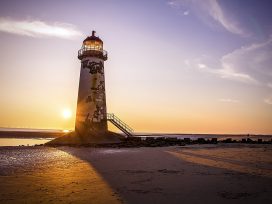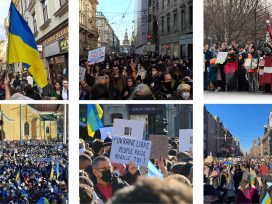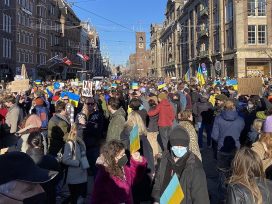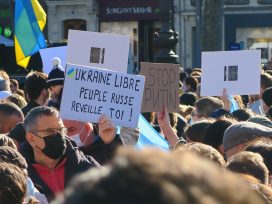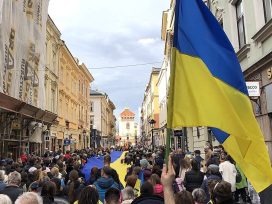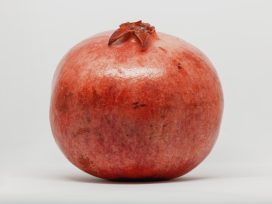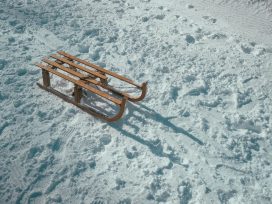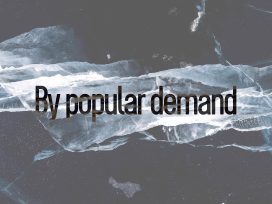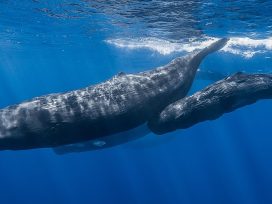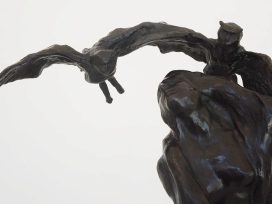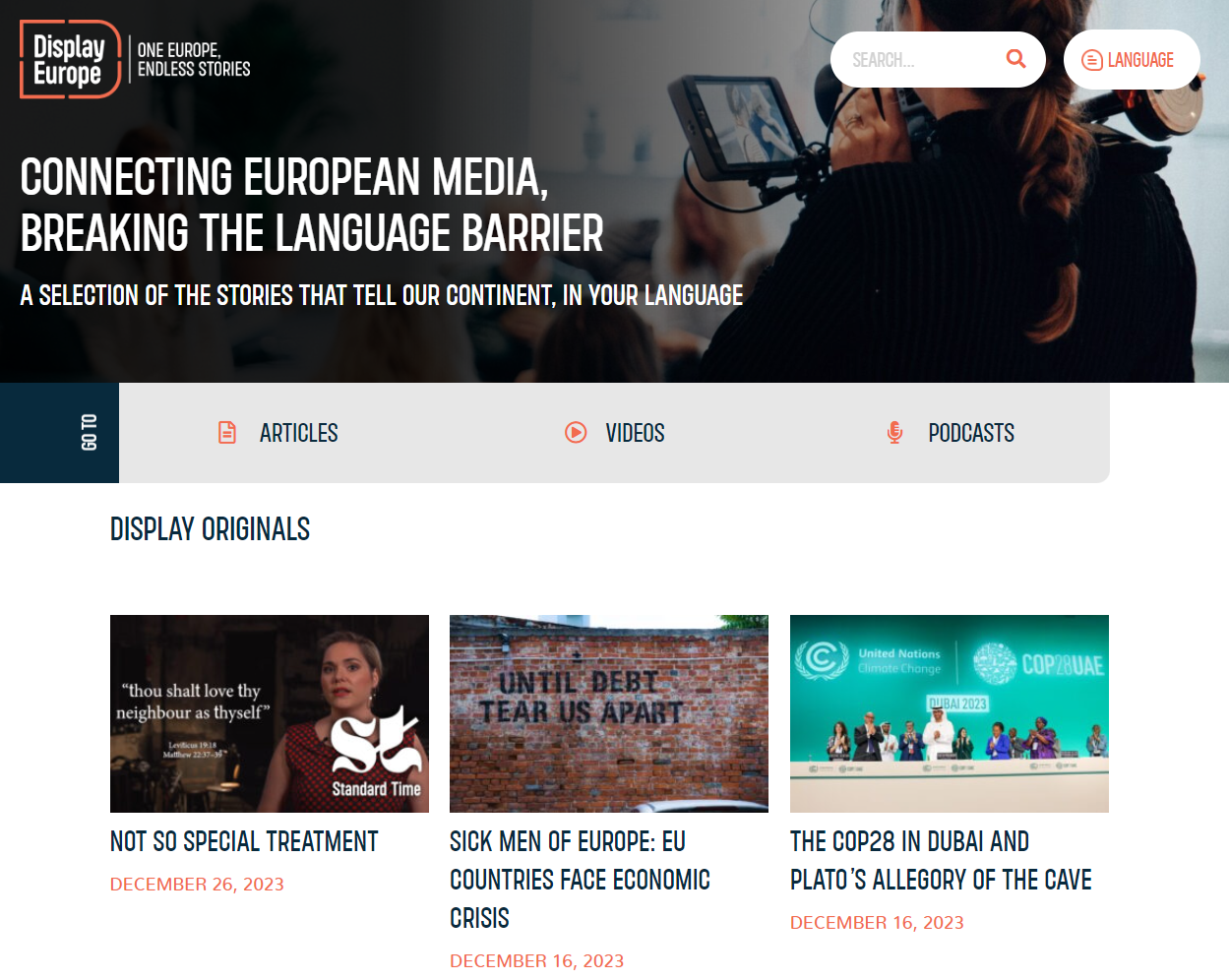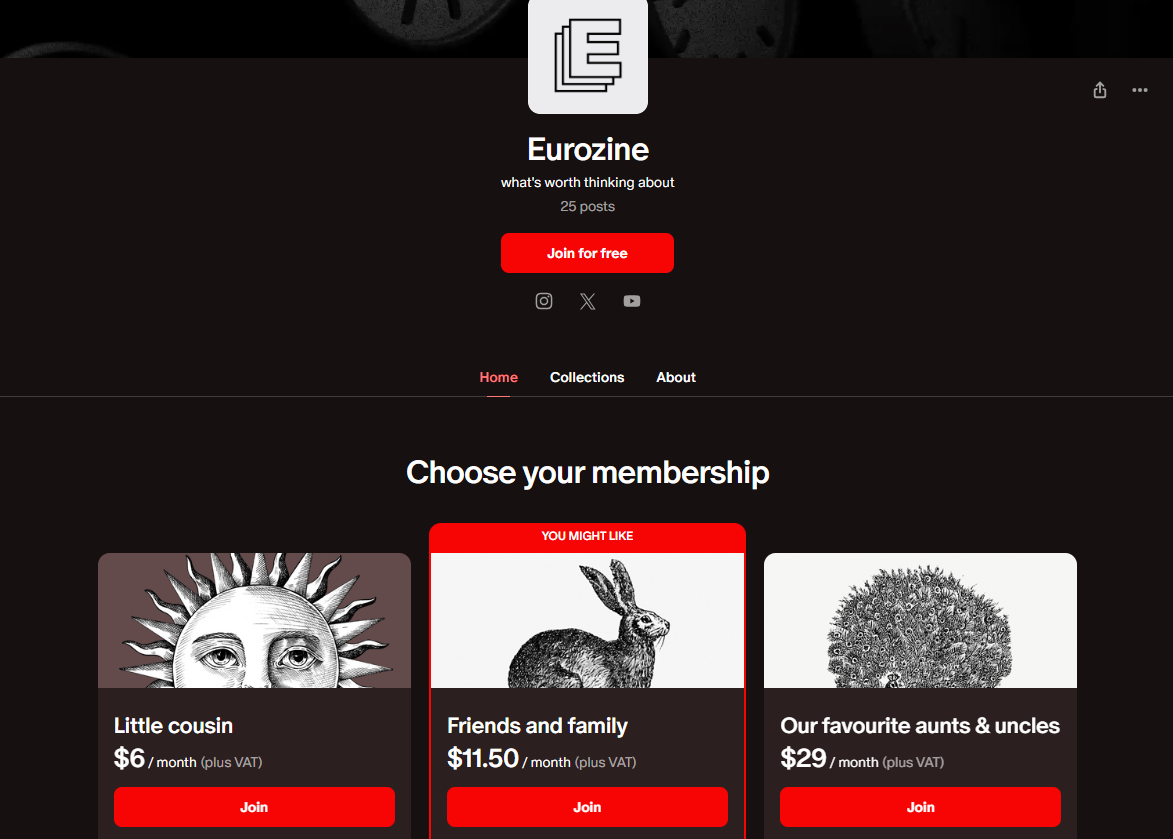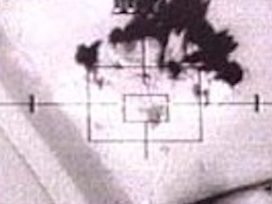Returning champions and the future of Europe: our recap of this year and its most popular articles in Eurozine.
This year, the magazine turned 25 years old, and our network of cultural journals celebrated the 40th anniversary of the first European Meeting of Cultural Journals, which took place in Switzerland in 1983.
Connecting editors and writers across the Iron Curtain was an impossible task set out back then. The founders succeded in that, and today our network numbers above a hundred journals, magazines and associates. But now, we face new divisions in and around Europe. Still we maintain that cultural publishing is crucial to understanding and responsibly navigating any age – especially an age of chaos and rapid change, like this one.
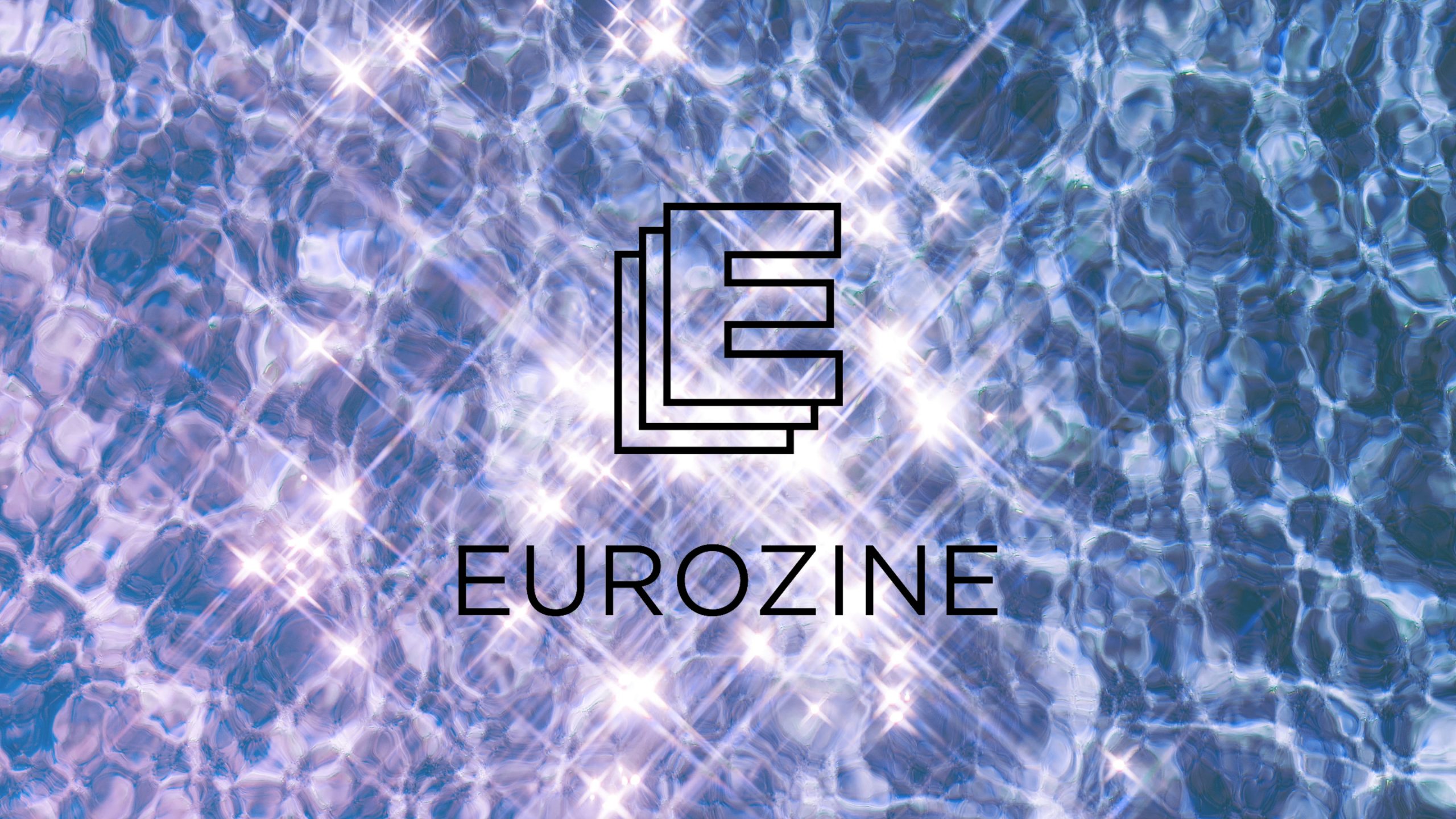
Eurozine has bounced back from the edge of collapse a number of times – our financial situation in 2022 was the lowest point so far. After last year’s hardship, this year saw us building back with a vengeance, and we even launched new ventures: Eurozine is among the co-founders of the brand-new Display Europe platform, and we have just introduced our new weekly talk show. You can find more about these below.
Truth be told, Eurozine’s operations are still far from steady: the team is stretched thin with a huge bundle of work, and our financing is not secured beyond mid-year in 2024. Our readers are growing in numbers, however, which is always a great reassurance that our work in relevant and appreciated. Please, if you can, do consider supporting Eurozine, so we can keep the network going and the magazine independent and free.
And now, let’s see the most popular articles of 2023!
#10
A number of alarming heat records were broken this year, across all seasons and between hemispheres. Global heating in undeniable, even if the popular discourse still takes its time to comprehend it in full. Celia Fernández’s article came to Eurozine from our collaborator, the Green European Journal, and it’s a relevant read for every reader, regardless of the season they are enjoying right now.
#9
Jan Sowa looks at modernity nearing the end of its path, and considers what comes after:
Now, as capitalism teeters on the brink of devastating our entire ecosystem and as liberal modernity splinters, we need to cast our sights beyond capitalism, towards an alternative modern vision.
It is not a good time for nostalgia and melancholy, be it liberal or any other. If we fail to identify this new direction, the end of history we heralded 30 years ago might ominously foreshadow the end for the world, at least the world as we know it.
#8
Farmers are the holders of tradition, stewards of the land and the representative of small enterprise – in our political imagination. In reality, this is an agin profession, more and more dominated by big land owners, and the politicians who want their votes, are ready to exploit stereotypes to serve the interests of big business against ecology and labour:
European farming is in dire straits. Despite agriculture being the EU’s largest budget item, disbursing tens of billions of public money a year, the bloc has lost three million farmers over the past decade. That is a rate of 800 farmers leaving the profession every single day. Yet more concerning, they’re not being replaced: the average age of a European farmer is now 57. These statistics date back to the decade from 2010 to 2020, before the war on Europe’s doorstep between two agricultural superpowers put further pressure on food producers, who have since struggled with rapidly rising prices of inputs such as feed, fertiliser and pesticides.
Your favourite series in 2023
What will Europe look like, after ‘the war’? Well, that’s an impossible question. By the end of 2023, there are seven major armed conflicts ongoing, including in Gaza, Sudan, and Ethiopia. Of all these, the Russian aggression against Ukraine is the one that most directly shapes the European Union. The series was an international hit, numbering dozens of translations and republications, and its individual articles number among the most read essays in Eurozine this year. However impossible ‘the end of the war’ is to foresee, it important to draft perspectives. And that’s exactly what our Lessons of war series did.
Lessons of war
The rebirth of Europe revisited
This debate series was curated by two of Eurozine’s co-founders, Klaus Nellen and Carl Henrik Fredriksson, who set out to contrast Europe’s response with the opposition to the Iraq invasion back in 2003.
Vasyl Cherepayn refuses to normalize the war, and doesn’t want to give into daydreaming about post-war reconstruction either.
… panic would actually be the appropriate reaction to Russia’s war crimes … The international community seems to be gradually accepting the atrocities as inevitable, a response that would previously have been absolutely unthinkable. Panic would perhaps also be a more effective political response, potentially triggering badly needed international action …
But Europe still prefers to talk about genocide in terms of history politics, memory culture, and ‘coming to terms with the past’, often avoiding applying the term to the present for fear of its ‘relativization’.
An alliance forged by crises and devastation, the European Union has a chance to prove itself to a disillusioned polity. But a quick-fix approach won’t cut it, Natalie Tocci argues.
Daniel Cohn-Bendit and Claus Leggewie argue that for Europe to maintain political momentum, its relationship with the Global South must fundamentally change.
The TOP 3
Trust is the common thread connecting our three most-read articles from 2023.#3
Katarzyna Boni’s article was shortlisted for the European Press Prize, and for good reason: it starts by introducing a personal relationship wildlife, and from it, unfolds a pathway to recognize and rethink our individual and cultural responsibilities for ecology.
We have turned into spectators. The more we know, the further we move away from animals and animality. We no longer have any need to make eye contact with them. Berger argues that the gaze of a beast has become a cause for concern, even horror, in Western civilisation. After all, Homo sapiens is cultured, not just another type of fauna. To look into the eyes of a wild animal is to trigger a form of species-related narcissism, to prove how far we have come.
#2
James Dodd writes about why war seems more and more inevitable, in a spiral of self-deception. De-escalation is always possible, he argues.
Escalation is a fundamental feature of any war, but it should not be taken to be some determining factor rigidly fixing a causal chain of events. Violence has no intrinsic logic, it dictates no necessity; this means that any given escalation of violence, as Carl von Clausewitz argued, is at its root a question of politics. We enter wars for political reasons, and we only resolve them with political means.
Wars become more prolonged and destructive, more senseless and debilitating, the more distorted the political situation becomes – choking off possible alternatives to simply prolonging the violence, and with that giving war the deceptive air of necessity.
#1
Our most recent venture, the new talk show Standard Time featured this conversation with two fantastic journalists and a recurring reader favourite from our authors. In this conversation, we discuss how journalism is changing in shape; how readers tend to form attachment to individual authors rather than media outlets nowadays; and whether either of the speakers want their kids to pursue media as a profession. (No, preferably not.)
Mercy Abang is a Nigerian journalist, among the most internationally commissioned from Africa. She’s the editor-in-chief of Unbiased the News, based in Berlin and curating a platform that aims to correct the imbalance of conventional media coverage. Lina Chawaf leads Radio Rozana from Gaziantep, Turkey, broadcasting in Arabic to a Syrian audience in Syrian as well as in diaspora.
Social psychologist Péter Krekó is a returning champion of Eurozine’s top lists – he was among our most read contributors in 2022 and in 2021 too. This time, he shares the winning streak with distinguished colleagues – and our deeply beguiled editor-in-chief, who’s beaming with joy from the fact that she gets to meet authors.
A new venture
Eurozine turned 25 years old this year, and we launched this weekly TV show a few weeks ago, in the framework of a new platform we build with more than 15 international partners: Display Europe. This is an attempt to scale up Eurozine’s work of three decades, through a new platform that offers articles, videos and audio content from dozens of media partners and across 15+ languages. Check out the platform and follow the talk show, where we will feature Eurozine authors and editors, as well as media personalities from the Display Europe platform, and from across the continent.
Our New Year’s episode is out already: this is an unusually light-hearted one about offensive jokes and who gets to tell them.
Through thick and thin
Admittedly, Eurozine has been facing financial hardship since 2021. Despite all the innovations, we are still far from steady now, as cultural funding is diminishing and our budget is not secured beyond mid-year 2024. Since the pandemic lockdowns, we’ve been biting our teeth together and have maintained a forced march, to secure and to further develop Eurozine. Publishing is in a deepening turmoil, and quality is among the lesser considerations for major funders. That’s all the more reason for us to appreciate our audience – thank you, for sticking with us in 2023 and we hope to have you around in the new year.
Please, if you can afford to, do support us on Patreon, starting from as little as €3 a month, or whatever you can part with to keep Eurozine free and independent.
Happy new calendar to all of you!
This editorial is part of our last newsletter in 2023. You can subscribe here to get the bi-weekly updates about latest publications and news on partner journals.
Published 27 December 2023
Original in English
First published by Eurozine
© Eurozine
PDF/PRINTNewsletter
Subscribe to know what’s worth thinking about.
Related Articles

Trump returns to the White House at a time when the global stakes are higher than ever. What can be expected from his unpredictable foreign policy, and what does this mean for international solidarity, geopolitical stability and democratic values?
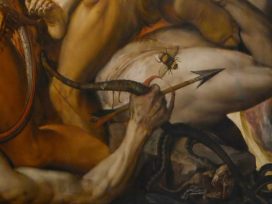
The difference between knowing from distance that war is being waged and living that reality couldn’t be more extreme. But can awareness of multiple repercussions turn protective disassociation from violence into active solidarity? ‘The Most Documented War’ symposium in Lviv, Ukraine, provides valuable pointers regarding engagement and responsibility.

